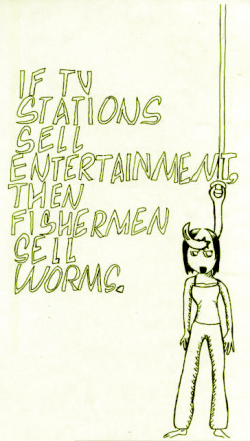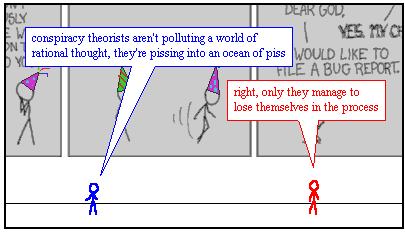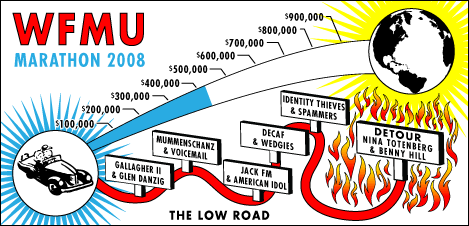“We have to make sure that the promises we make in Social Security, Medicare and Medicaid are promises we can keep, and there are various ways of doing that,” Mr. Romney said. “One is we can raise taxes on people.”
“Corporations!” the protesters shouted, suggesting that Mr. Romney, as president, should raise taxes on large businesses. “Corporations!”
“Corporations are people, my friend,” Mr. Romney responded, as the hecklers shouted back, “No they’re not!”
“Of course they are,” Mr. Romney said, chuckling slightly. “Everything corporations earn ultimately goes to people. Where do you think it goes?”
When someone in the front row angrily suggested that “it goes in their pockets,” Mr. Romney, becoming increasingly animated, asked: “Whose pockets? People’s pockets!”
Romney to Hecklers: ‘Corporations Are People’ (NYT)
So not only is this exchange awesome/horrifying in it’s own right, but that handsome man heckling Romney in the above video is my old friend Dan. We went to high school together, he took over the ACLU club after I graduated, and also ran a successful student council presidency campaign on the platform “MAKE SCHOOL LESS F****D UP.”
Go Dan! So happy you’re still fighting the good fight. I’m totally beaming right now & full of CHS pride. Looking forward to the revival of your student council platform on a national scale.
Anyway, Dan’s out in Iowa now working for the Iowa Citizens for Community Improvement so if you enjoyed his performance consider a donation.
The full exchange:









